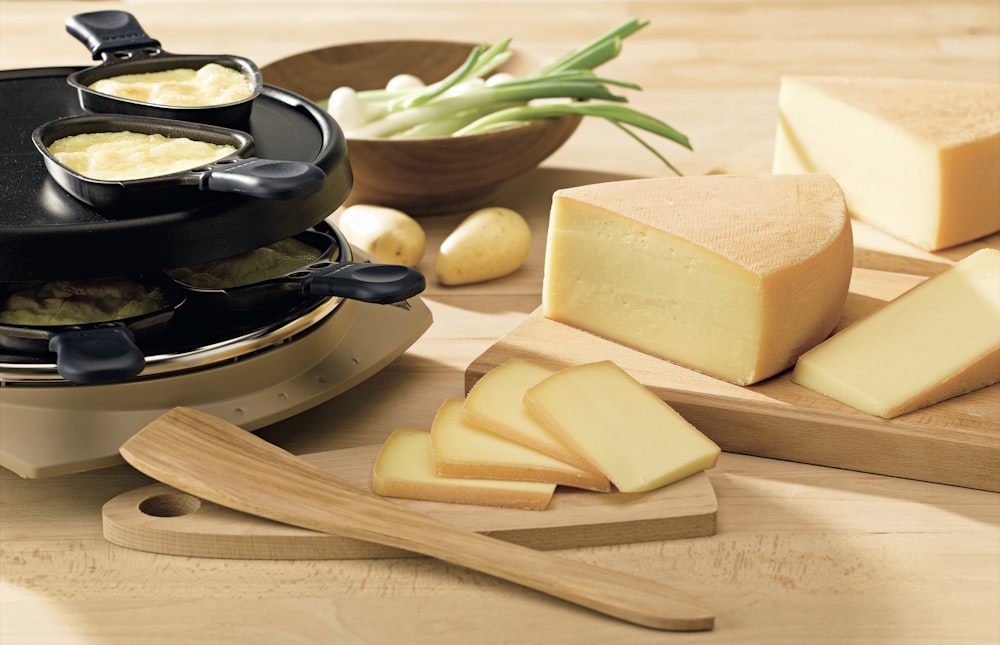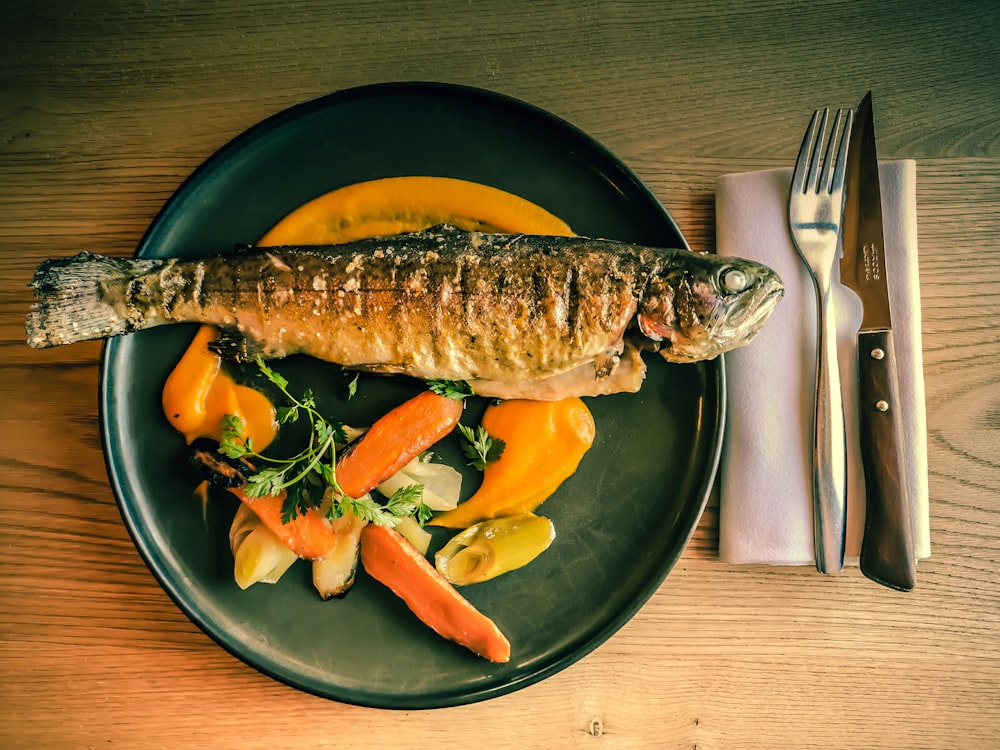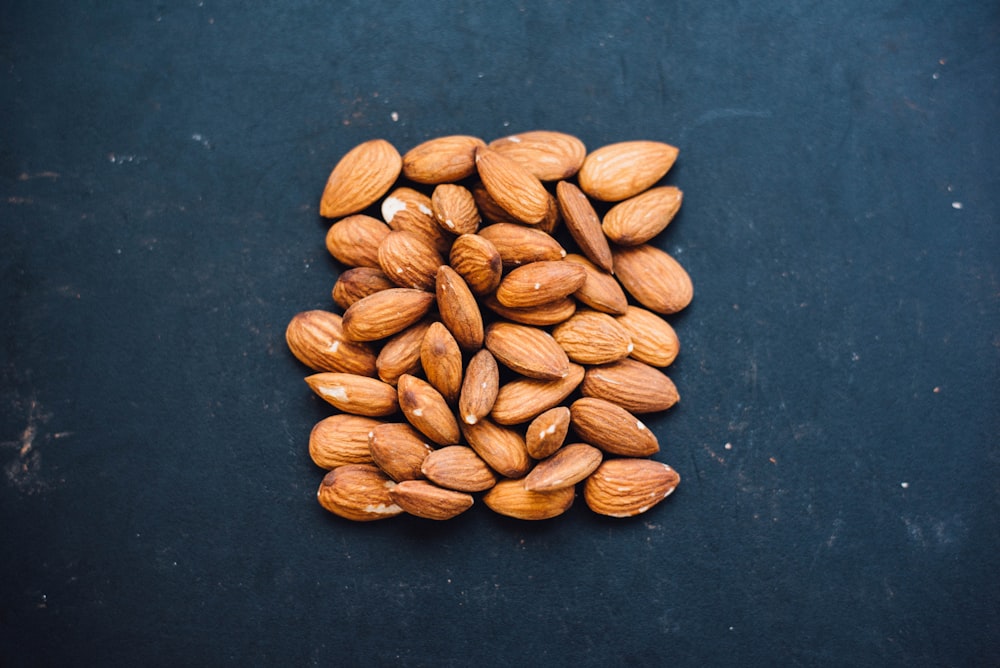
Ensuring foods high in calcium are part of your diet is the right call, as calcium is a vital nutrient. Calcium is also important for bone health, heart health and healthy skin. But how much calcium do you need in your diet?
If you are a normal person aged 9 to 51, you only need 1000mg of calcium per day. However, pregnant women, younger kids and the elderly need more calcium. Similarly, those engaged in performance athletics need to eat more foods high in calcium because traces of calcium are lost in sweat.
If you are genetically predisposed to bone disease such as osteoporosis, you may also want to increase your daily calcium intake.
Becoming deficient in calcium is not good for your health. Calcium deficiencies due to a lack of calcium in the diet could cause many uncomfortable symptoms. Some of the symptoms of a calcium deficiency include muscle cramps, body aches, fatigue, dry skin, dry hair, brittle nails, and dental problems such as tooth decay.
Thankfully, you can obtain calcium from a broad range of foods and drinks, as there are many foods high in calcium. The following foods and drinks are good sources of calcium:
1. Cow’s Milk
As expected, milk leads the pack with 1 cup of milk containing 300 mg of calcium. Mix this up with your fortified cereal (which contains at least 200 mg per 1 cup), and you’ve already hit half of your daily calcium requirement.
2. Yoghurt
Another optimal calcium source is yoghurt with 1 cup containing 400mg. However, if you are intolerant, you can opt for lactose-free alternatives like coconut milk, almond milk, soy milk, or hemp yoghurt.

3. Cheese
Cheese is a milk derivative, so a small quantity will provide excellent calcium. You can use this in your salads, pair it with bread, and as toppers for pizza or pasta. Take note of the following details and their corresponding calcium content:
- 1 oz brie cheese: 50 mg of calcium
- 1 oz hard cheese like cheddar and jack: 200 mg
- 1 0z mozzarella: 200 mg
- 1 tablespoon of parmesan: 70 mg
- 1 oz Swiss or Gruyere: 270 mg
- 1/2 cup Cottage cheese: 60 mg
- 1 cup sour cream: 250 mg
Incidentally, one ounce is roughly two tablespoons. So eating a slice or two of cheddar cheese means you can hit almost half of your daily calcium needs. Just be cautious, though, because cheese is also high in fat and sodium. A balanced diet is key.
4. Soy Milk
If you are sensitive to lactose, soy milk is another great alternative as one of the best foods high in calcium. One cup of soy milk equals 200 mg of calcium, while fortified soy milk contains 400 mg of calcium per cup. The latter equates to getting to more than one-third of your daily calcium requirement with only one cup of soy milk.
5. Buttermilk
Though buttermilk is mostly used in baking, this deserves a spot as 1 cup contains 300 mg of calcium. You may need more than one cup when you make pancakes, bread, and other baked goods. You can also splash it onto your mashed potatoes or soups to make them more tasty and nutritious.

6. Fish
Who would have thought that gifts from the ocean have high calcium? Take a look at the top 3 fish variants that will help you meet your calcium needs. For 3 ounces of the following, you will get this much calcium:
- Sardines: 370 mg of calcium
- Salmon canned with bones: 210 mg
- Mackerel canned: 250 mg
You can eat fish with rice, use canned fish in sandwiches, or make an Aglio-olio sauce (olive-based) with pasta and fish. Pair up your pasta with parmesan cheese to give it even more of a calcium boost.
7. Green Veggies
When you eat veggies, you don’t just get essential vitamins and nutrients. But certain green veggies come loaded with calcium. So, for example, for every cup, the following will give you:
- Spinach: 240 mg of calcium
- Broccoli: 180 mg
- Arugula: 135 mg
8. Orange juice
Calcium-fortified orange juice deserves its spot on this list, because every cup of it contains 300 mg of calcium. Many people are surprised that orange juice can contain as much calcium as milk. For people who are not milk lovers, this is certainly good news. You can drink this as an accompaniment with your meals. Just don’t go overboard because of the sugar content in orange juice.

9. Nuts and Seeds
Nuts and seeds are one of the more underrated foods high in calcium. Though these snacks are tiny, they pack a mean calcium punch. Take a look at the calcium content of a one-ounce serving of these popular nuts:
- Almonds: 80 mg of calcium per ounce
- Roasted sesame seeds: 280 mg
- Tahini or sesame paste: 120 mg
- Sunflower seeds: 50 mg
Sprinkle these nuts and seeds in your salads for a great flavour enhancer while providing you with much-needed calcium.
10. Tofu
Finally, in our list of 10 foods high in calcium, we have protein-rich tofu clocking in at 4 ounces with 201 mg of calcium. You can eat it stir-fried with calcium-rich green veggies. Alternatively, you can steam tofu with eggs or mix it with pork to make spicy Chinese tofu. You can even make dairy-free desserts with silken tofu like a chocolate cream pie and faux cheesecake. The possibilities of how you can eat tofu are endless.
Important Notes to Remember on Calcium Consumption
Though certain food items or supplements may be calcium-rich, you must not be complacent. Keep in mind that for many people, the body does not absorb calcium that well. Typically, only 30% of the calcium in food is absorbed. So from what you ingest, 1% of this vital nutrient is put to use for bodily functions, and the rest is stored in your bones and teeth.
It’s also important to remember that vitamin D plays a crucial role in calcium absorption because you need this vitamin for the bones to absorb calcium. Thus, it is essential to ensure that you have a balanced diet and take the right supplements for optimal health and wellness. This may include taking vitamin D supplements.
Most people don’t need to take calcium supplements, since foods high in calcium are so easy to come by.
Be mindful of taking extra calcium supplements because an excess amount in the body could lead to calcium stones and calcification.
It would also help to take a DNA test to help you assess if you are susceptible to calcium deficiency, or have a higher genetic risk for bone diseases such as osteoporosis. A DNA test from CircleDNA will reveal these answers and offer nutritional guidelines to help prevent loss of bone density. CircleDNA also tells you what your optimal diet is, based on your unique DNA.





